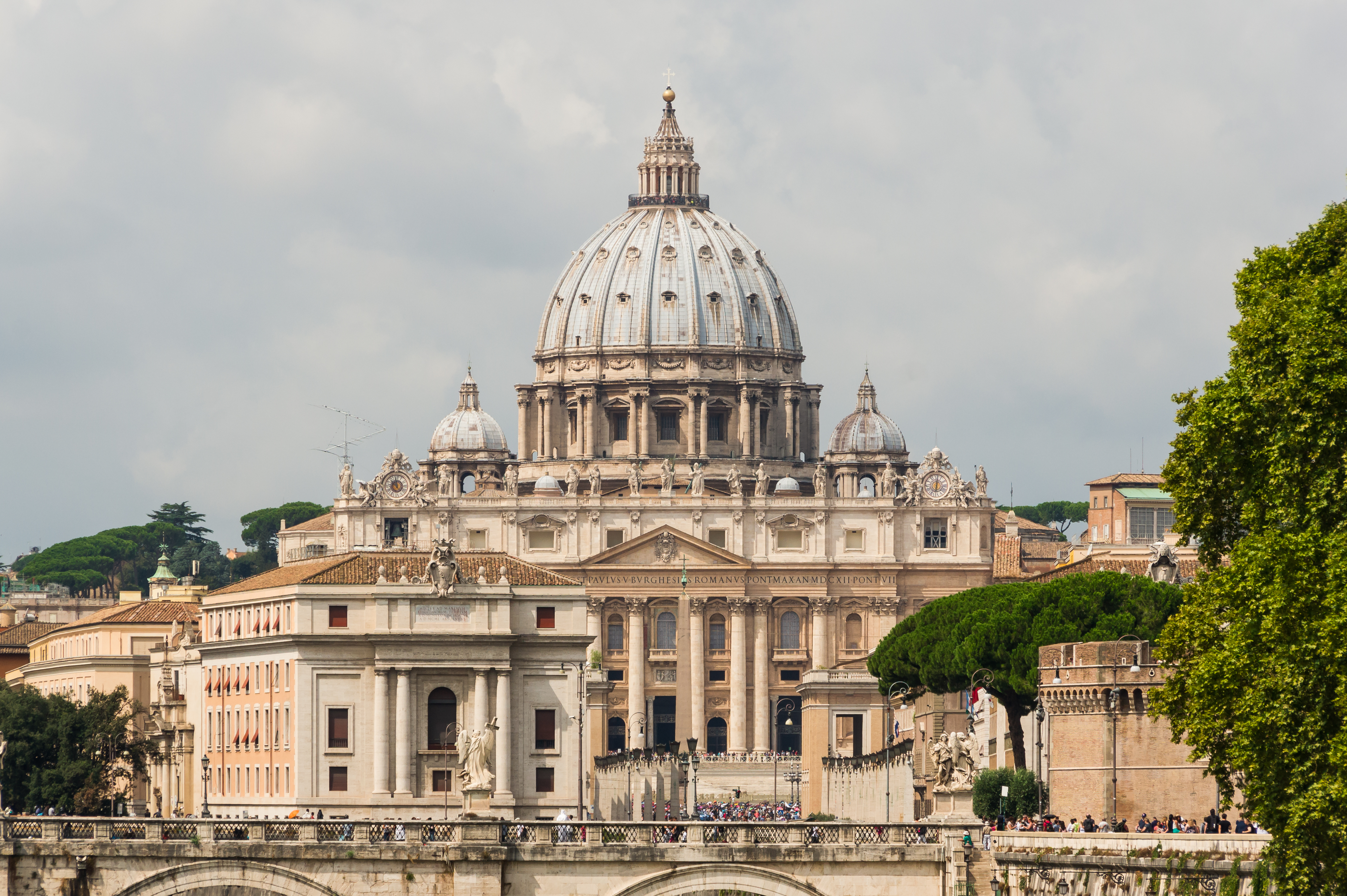
-please click on the image for greater detail

-by Keith Albert Little, “The Cordial Catholic” (@cordialcatholic)
Calvinist Confusion
“I knew right away that I’d been given a new lease on life. I had been spared a punishment I deserved. We had bullied that kid, and now that he was grown up and bigger than we were, I had deserved to have my lights punched out by him. Instead, God had sent me the sign I’d asked for, a sign which clearly spared me from the punishment I was due. I knew poetic justice — or mercy — when I saw it. I surrendered my life to Christ, even though I hadn’t the faintest idea what that meant.
I proceeded, then, to do all the classic things that Christian converts did back in the early 2000’s. I bought a T-shirt. I bought a WWJD bracelet and thought it was the coolest secret club ever. And I bought a Bible and began reading at Genesis. By the end of Numbers, I was so bogged down that I gave up, until someone wiser told me that I needed to start with the Gospels. “Beg your pardon?” “With Matthew,” he said. Best of all, I got connected to a great youth group at a local Pentecostal church.
Looking back, I can draw a somewhat straight line from my first encounter with Christ to my running, arms agape, into the embrace of the Catholic Church. But in that moment, it wasn’t so clear.
One of my early memories as a Christian was when Calvinism crept into our youth group conversations. It began innocently enough — someone had read something somewhere — but quickly became a full-blown scandal, with Bible passages being hotly debated over Quarter Pounders at McDonald’s on a Friday night. In retrospect, I’m grateful for how we spent our time — debating theology rather than getting drunk like so many of our high school peers — but the debate nearly tore the youth group apart.
Back then, I couldn’t figure out how we were all looking at the same passages of Scripture and coming to different conclusions. How did this make sense? And why would God make the Bible so confusing, open to so many interpretations? In the end, it was a vicious debate, and more than one of my friends walked away from church back then, convinced by the Word of God that they weren’t amongst the “elect.” It was painful to see, and it’s painful to think about it now. I made it through, but I’d never forget the confusion caused by all of us trying, on our own, to interpret our Bibles.
I began university by attending a vibrant student church that met on campus at the University of Waterloo. I remember the first time I went, seeing a lineup of 200 students snaking down the sidewalk outside the campus nightclub. It was Monday night, and the church was to meet at seven o’clock.
Truly, I owe a lot to my years at that student church. Over the course of my university career, I was very involved with the church, from small groups, to setup and decorations, to sound and video production. Through friendships forged at the church, I met a beautiful woman named Maria, who later became my wife. I dug into my faith like never before, faced with a couple of questions I just couldn’t work out.
The first came from reading C.S. Lewis’s The Great Divorce. In it, Lewis presents a picture of the afterlife which looks a lot like purgatory. Instead of dying and suddenly being in the glorified presence of Christ and the angels, the souls of the Christian deceased slowly make their way towards God on a bus ride towards the light, through a dark and solemn land. Thinking about what I had read, I realized that Lewis’s picture of heaven, and how we transition there, made a lot more sense than mine. I’d been raised, theologically, to believe that when I died, no matter what I had done in this life, I would instantly be face to face with Christ. My sins, of course, would be wiped away, and I’d be ready to be in His presence immediately.
But that never made sense to me. When I thought about it, I wondered how would I get ready? After all, I wouldn’t suddenly be free of all my bad moods, my hurts, and hangups the minute I died. How could I bring those things with me into heaven? Lewis’s analogy of the long, slow journey by bus made much more sense. I began to understand how Purgatory could be an opportunity to prepare my heart and mind to see God. But it didn’t fit into my Evangelical theology, and that would bother me for quite a while.
I had a similar experience with Confession. It occurred to me, after encountering a passage about it in a Bible study, that we didn’t do Confession. We were told to, right there in black and white in our Bibles, but we didn’t, and I couldn’t understand why. When I asked around — my peers, my pastor, and wise people that I trusted — no one seemed to know. We just didn’t do it, and no one knew why. Like my view of the afterlife, which didn’t jibe with what I’d been taught to believe, the confusion over Confession was something I just couldn’t shake off.”
Love,
Matthew
